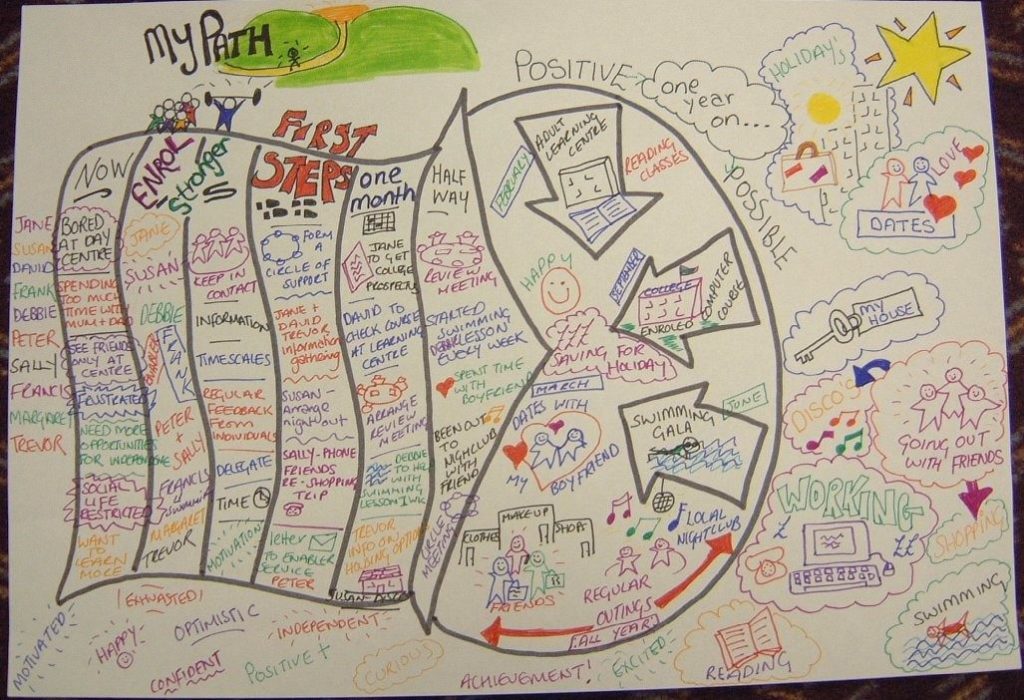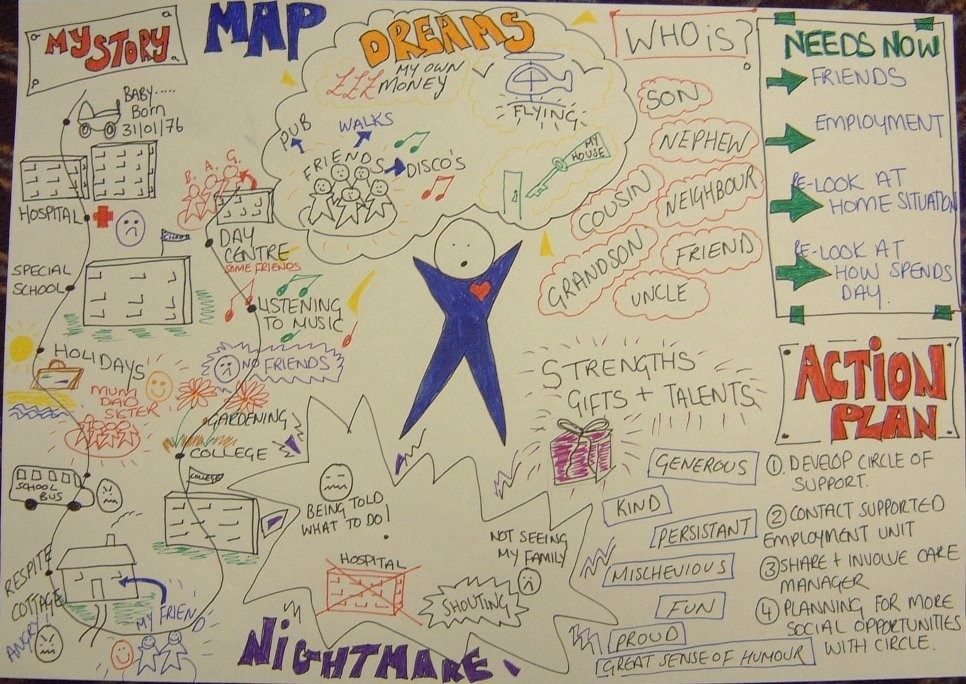
Please speak to your link psychologist regarding any of the following topics.
Solution focused approaches
This is a 30 minute ALDO e-learn introductory course which explores the principles and practices of solution focused approaches. These approaches can be used flexibly across all contexts within Aberdeenshire Council. The aim of the module is to consider some new ways of thinking and working which will have a positive impact on your ability to problem solve and move difficult situation forward at work. This approach works well in group and 1:1 contexts and gives you tools to affect change at different levels. It is easy to understand and with a little practice can become a core tool in your everyday work.
To access this course please click here
Follow up CLPL support is available on Solution focused meetings and approaches with young people – please speak to your school Educational Psychologist for more information. To find out more about solution focused approaches please click here.
Using Practitioner Enquiry
We have developed a Practitioner Enquiry course which any team can use in conjunction with their educational psychologist to drive forward change. The course follows a process based in real world research that the educational psychologist will lead you through to understand what needs changed, explore different ideas around how to make that change happen and how to gather evidence to show the need for and the impact of changes made. The process also helps you to involve everyone in your team in taking ownership of and commitment to the change process. Typically the process runs over a whole school session.


Person Centred Organisational Planning
Educational Psychologists are trained in the use of Person Centred Organisational Planning (PCOP). This is a visual planning approach which can be used to facilitate change within your setting. The approach has shown to be useful with both individuals and groups, including children and grown ups. Everyone can be supported to engage with the process which uses visuals and questions-posed by the psychologist, to explore what change people would like to see and then plan a transparent and achievable path to manage the change. When change is broken down into small steps with clear supports and goals, it is far more likely to happen!
Appreciative inquiry
Appreciative inquiry is an approach for creating and sustaining change that focuses on what’s working well and seeks to build on this, instead of a more traditional focus on problems and weaknesses. Using skilled questioning and active listening the educational psychologist supports the individuals involved with the inquiry to explore strengths, aims and goals with a future focus to create a positive, supported way to move forward.

